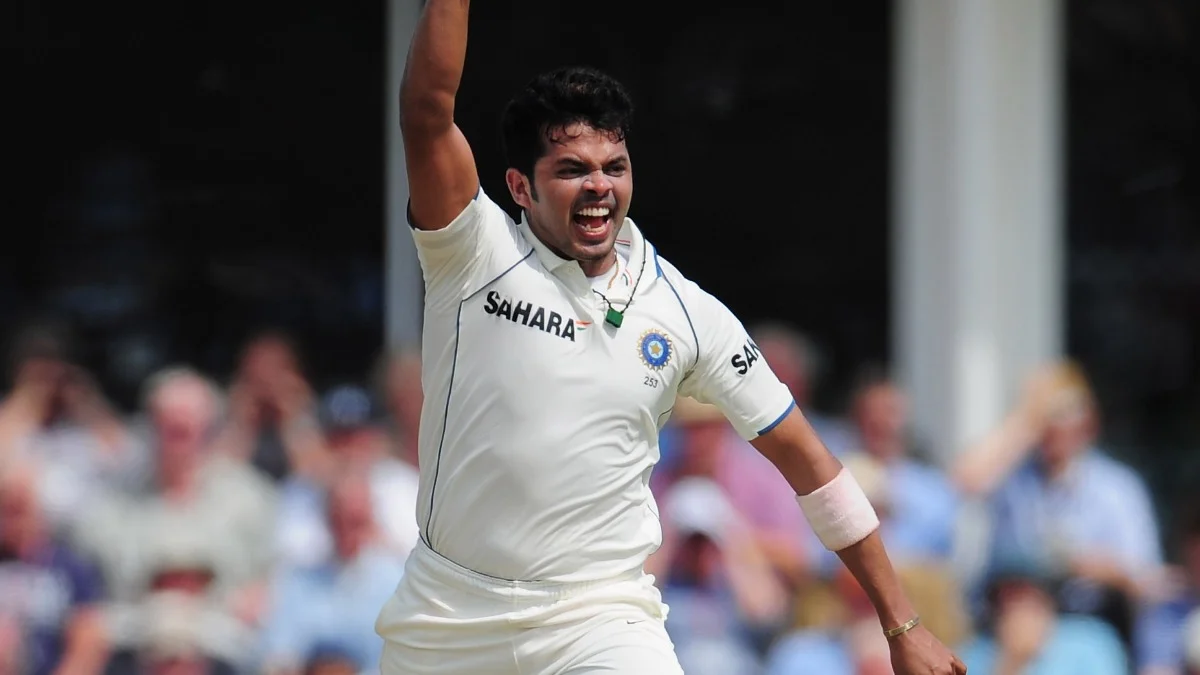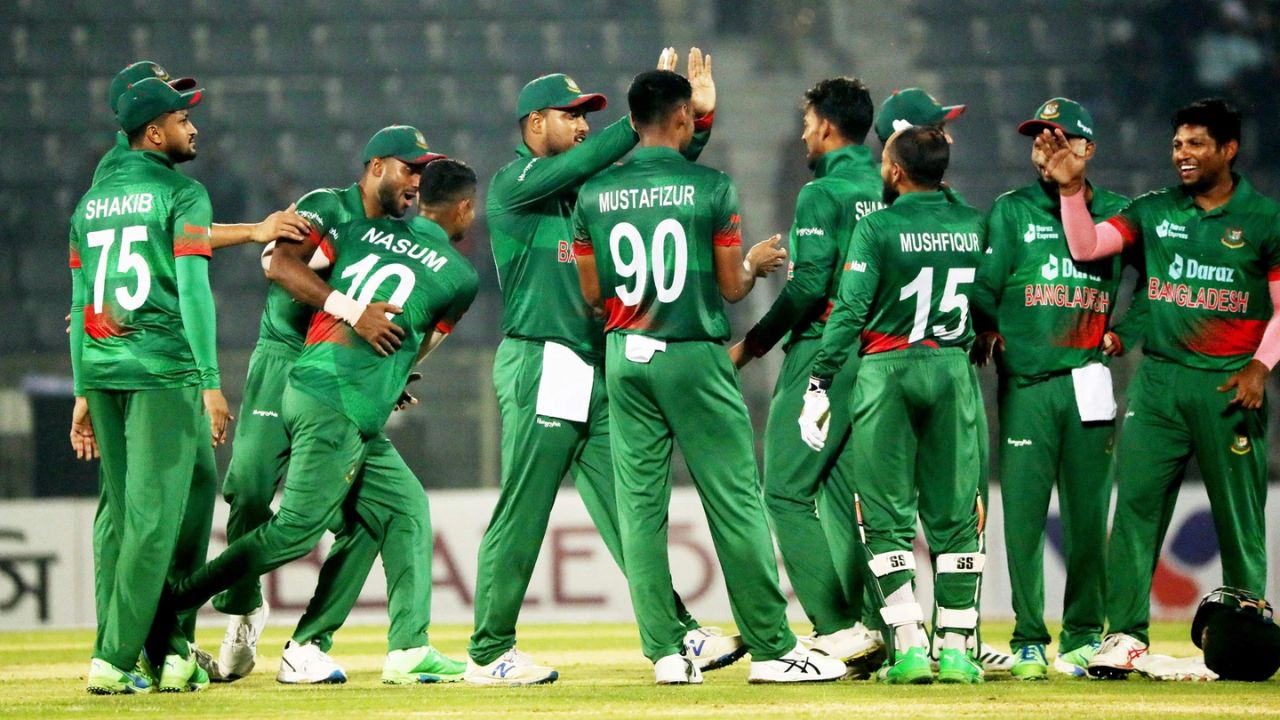Former Delhi Police Chief Neeraj Kumar reveals how S Sreesanth escaped match-fixing scandal despite evidence against him
Published - 07 Apr 2024, 02:47 PM | Updated - 23 Aug 2024, 01:10 AM

Former Delhi Police Commissioner Neeraj Kumar revealed alarming details regarding the IPL 2013 spot-fixing scandal involving S Sreesanth. Neeraj Kumar emphasized the lack of specific legislation, which allowed S Sreesanth to escape punishment despite substantial evidence against him.
Shanthakumaran Sreesanth showcased his talents in all cricket formats. He represented Kerala in first-class cricket and the Rajasthan Royals in the Indian Premier League. The right-arm pacer is the first Kerala Ranji player to feature in Twenty20 cricket for the Indian cricket team.
On May 16, 2013, Sreesanth and two RR teammates were arrested by the Delhi police in Mumbai for spot-fixing allegations. The following day, he reportedly confessed to the spot-fixing charges, as per police reports. Nevertheless, Sreesanth has consistently claimed he was forced to sign the confession statements.
In 2019, the Supreme Court directed the BCCI to reconsider Sreesanth's lifetime ban despite evidence against him, ultimately reducing it to a seven-year suspension, which concluded in September 2020. Following the ban's lift, Sreesanth aimed to make a comeback to IPL cricket, but he failed to secure any bids in the auction despite nominating himself.
No Progress in Sreesanth's Match-Fixing Case - Neeraj Kumar
During his tenure as head of the Delhi Police, Neeraj Kumar, an esteemed IPS officer with 37 years of service, oversaw the arrest of Sreesanth, along with his Rajasthan Royals teammates Ajit Chandila and Ankit Chavan, on charges of spot-fixing.
Neeraj Kumar underscored the absence of legislation in India to tackle corruption in cricket, contrasting it with countries like Zimbabwe, Australia, and New Zealand. He stressed the need for specific laws to address corruption across various sports, like football and tennis.
“The case seemingly didn’t go anywhere…unfortunately, there is no law (in India) to deal with corruption in cricket or corruption in sports in general,” Kumar said during an exclusive interaction with PTI.
“Even a country like Zimbabwe has specific laws. Australia, and New Zealand have it…in Europe, there is a law because corruption is there not just in cricket but in football, tennis, and golf,” said the 70-year-old.
It Becomes Very Difficult To Prove A Case - Neeraj Kumar
Neeraj Kumar was also involved in investigating the Hansie Cronje match-fixing scandal in 2000. He lamented the challenge of judicial scrutiny, citing the difficulty in proving cases without identifiable victims in instances like match-fixing.
“So many things that we do, they do not stand the test of judicial scrutiny, for instance. If we say, during match-fixing, people were cheated, now the court will ask, show me one person, who is cheated, produce that person in court,” Kumar further said.
“Who will come to the court and say I went to a cricket match expecting fair play and for everybody to play to his or her potential? So, in the absence of a victim, it becomes very difficult to prove a case.”
The Kerala-born cricketer participated in 27 Tests, 53 ODIs, and 10 T20Is for India, where he achieved notable bowling figures of 87, 75, and seven wickets, respectively. The 41-year-old cricketer's last appearance for the Indian national cricket team occurred in 2011.
About the Author

Sai Vaitla is an author at Cricketaddictor and he has been working since September 2022. Sai Vaitla... Read more










